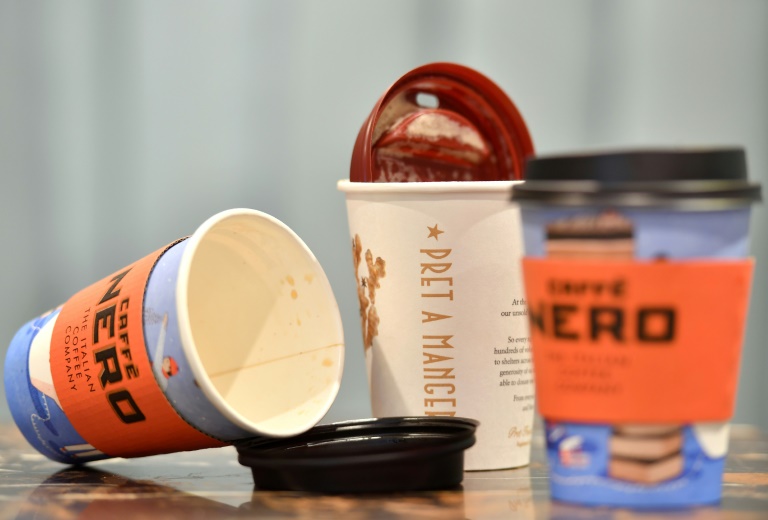How to make your reusable coffee cup more hygienic
Consumers are reminded to wash cups after drinking in order to prevent the growth of harmful bacteria.
New UK research is advising eco-living coffee drinkers to wash their reusable cups as soon as possible after use, finding that they can become a breeding ground for harmful bacteria if left unwashed for too long.
Carried out by researchers at Aston University, the study observed the different ways people used their coffee cups over a one-week period, from rinsing it immediately after finishing a drink to leaving leftover coffee in the cup and washing it before the next use.
The team found that cups left unwashed until the next use pose a greater risk than those rinsed or cleaned shortly after a drink is finished.
“Drink residues left in reusable cups are a good source of nutrients for bacteria which can multiply rapidly during storage,” explained Professor Anthony Hilton, Deputy Executive Dean of Life & Health Sciences at Aston University.

British lawmakers this month called on the government to impose a charge on disposable coffee cups and set a target to recycle all of them by 2023 — or ban them altogether
“If the cup is refilled without appropriate cleaning, these bacteria can represent a significant source of contamination. Consumers should be mindful of reusable cup hygiene and clean them in the same way they would any other food contact surface.”
Reusable coffee cups have grown in popularity in recent months as consumers become more aware of the harm disposable cups pose to the environment.
The Independent reported back in January a new strategy set out by the Environmental Audit Committee to help the UK reduce waste caused by the 2.5 billion coffee cups thrown away each year.
As well as promoting the use of reusable cups, the strategy also includes the introduction of a 25p (R4.10) surcharge on disposable cups, dubbed the “latte levy,” and for all coffee cups to be recycled by 2023.
Just this week coffee giant Starbucks introduced a 5p (R0.82) charge on disposable coffee cups for London customers, but as some believe this won’t make a big enough impact, many in the UK are instead switching to buying their own cup.

Photo: AFP/Paul J. Richards
However, as reusable coffee cups are often used for on-the-go purposes, washing them right after drinking isn’t always easy.
The study has now led to calls for reusable cups to be developed with anti-microbial protection to reduce the presence of bacteria, even in cups that are not washed straightaway.
Many currently available on the market however, are made of traditional materials such as glass or ceramic, although they are often reinforced to prevent breakages.
Although glass is often a preferred choice for those concerned about the taste of their coffee, a potentially more hygienic option is to choose one made from bamboo fiber. As well as being reusable, bamboo is the world’s most sustainable crop, is also biodegradable, and has anti-bacterial properties, meaning it helps tick the boxes for being eco-friendly, but not so bacteria-friendly.
Commenting on the findings of the study Simon Ellin, chief executive of The Recycling Association, is urging the public to continue using reusable cups for the good of the environment, but added that consumers should be wary about hygiene risks.
“We welcome the public’s desire to reuse items such as coffee cups, but would want them to do so with caution and make sure they wash their cups thoroughly and, if possible, choose one with anti-microbial product protection.”
//
For more news your way, follow The Citizen on Facebook and Twitter.







